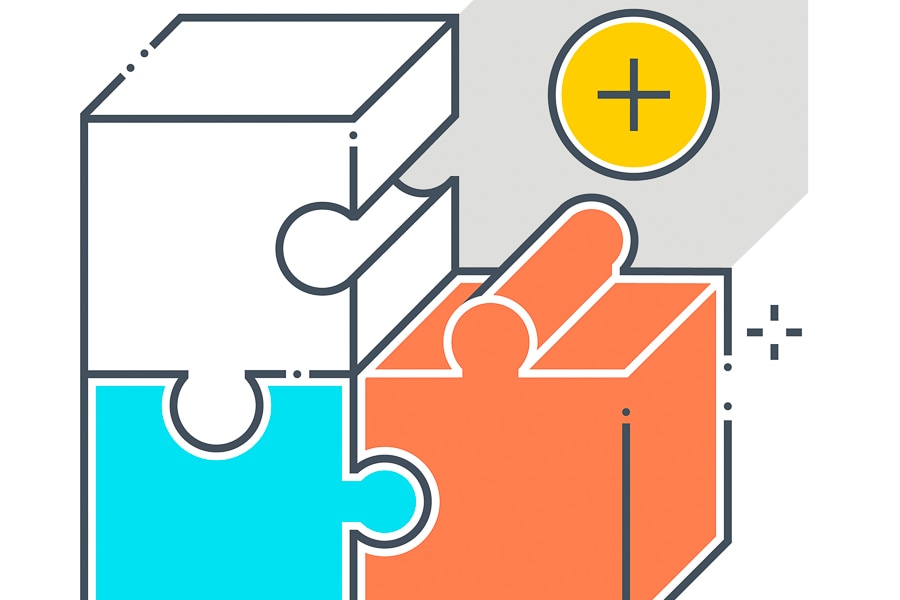
Data matters: 4 workplace functions
Darden experts offer some examples of varied workplace functions on which data analytics can have massive impact
 Data serves, drives and can lead to wild (though methodically so) success in multiple and varied areas of an organization
Data serves, drives and can lead to wild (though methodically so) success in multiple and varied areas of an organization
Image: Shutterstock
We know that data’s important. But what can we really do with it, and how much does it affect people who aren’t data analysts on the front lines? It might be overwhelming to consider from afar — yet it’s far from dismissible.
Here, Darden experts offer some examples of varied workplace functions on which data analytics can have massive impact. It serves, drives and can lead to wild (though methodically so) success in multiple and varied areas of an organization.
Marketing
Firms today have an unprecedented ability to analyze every aspect of marketing campaigns, comparing types of advertisements and messages to see which resonate most with consumers, and tracking their follow-through rates to gauge which are most effective in leading to sales. No one knows this better than Rajkumar Venkatesan, Ronald Trzcinski Professor of Business Administration, who co-wrote the book The AI Marketing Canvas, which provides CMOs with actionable advice on how to work data science and artificial intelligence into their marketing toolkits. Venkatesan leads the Digital Marketing Innovation Executive Education program at Darden.[This article has been reproduced with permission from University Of Virginia's Darden School Of Business. This piece originally appeared on Darden Ideas to Action.]







